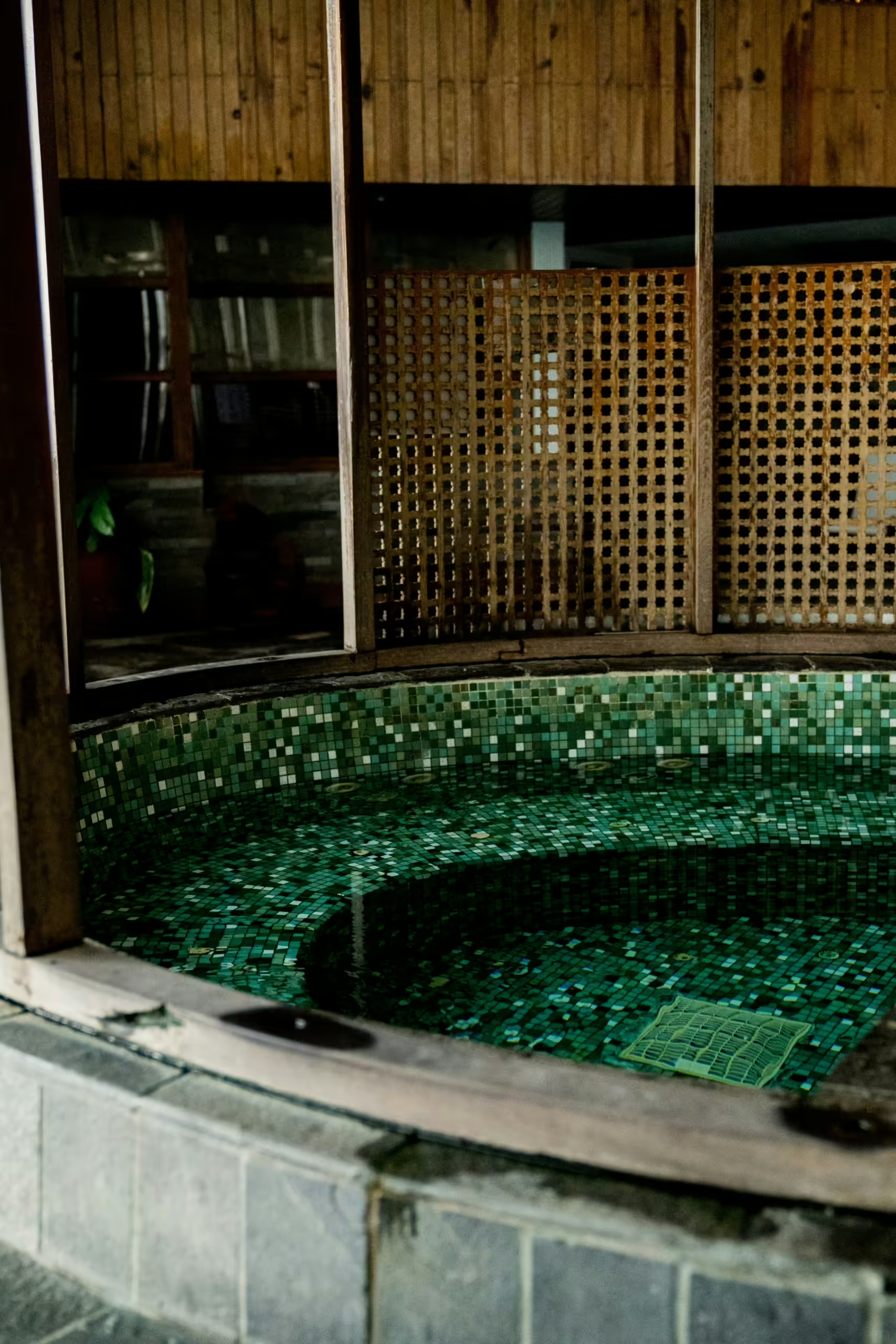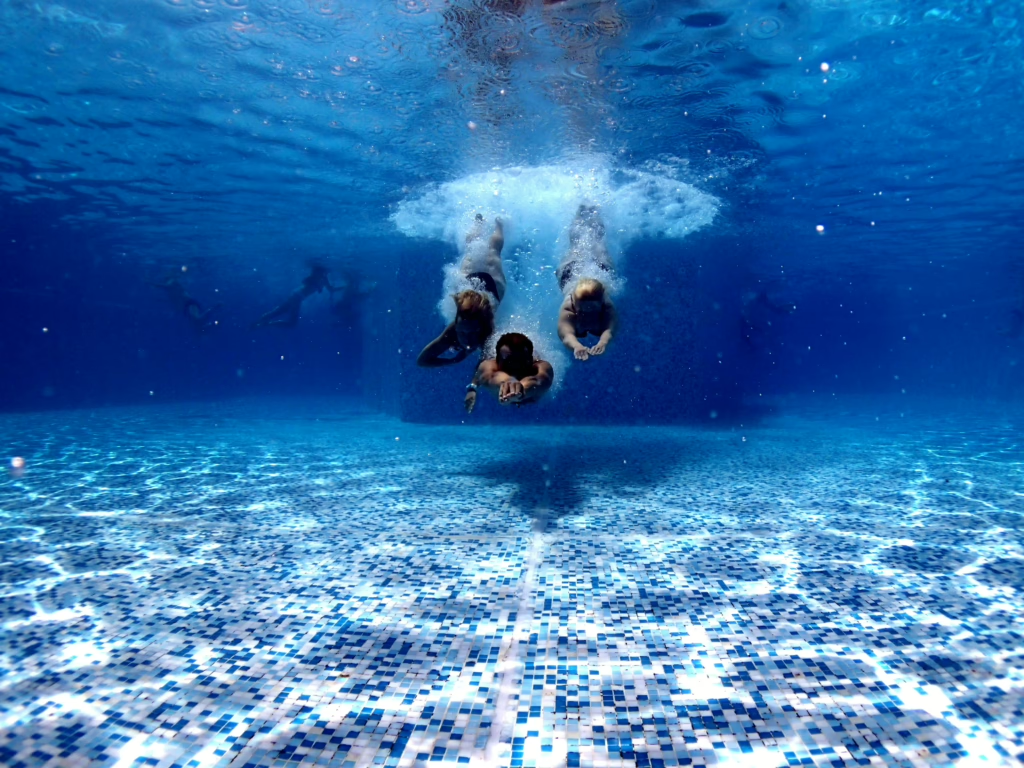A pool is a place for relaxation, exercise, and fun—until something goes wrong with your equipment. Pumps, filters, heaters, and automation systems work tirelessly to keep your pool functional but wear, and tear are inevitable over time. Deciding whether to repair or replace malfunctioning equipment can be tricky.
Proper maintenance is especially important in sunny San Diego, where pools are a year-round staple. The region’s warm weather and outdoor lifestyle mean pool equipment is subject to extended use and exposure to sun, debris, and other environmental factors. Let’s explore the common issues with pool equipment and how to decide whether it’s time for repair or replacement.
Common Pool Equipment Issues
Understanding the most frequent problems with pool equipment helps you catch issues early and decide on the best course of action. Here are the top troublemakers:
Pumps
- Common Problems: Strange noises, reduced water circulation, or leaks.
- Symptoms of Wear: A pump that struggles to maintain pressure or runs inconsistently may have motor or seal issues.
Filters
- Common Problems: Clogging, poor water clarity, or difficulty maintaining pressure.
- Symptoms of Wear: Dirty or clogged filters reduce efficiency and can lead to algae growth.
Heaters
- Common Problems: Inconsistent heating, failure to turn on, or strange odors.
- Symptoms of Wear: A heater that takes too long to warm the water or has visible rust may require attention.
Automation Systems
- Common Problems: Inability to control pool features, software glitches, or unresponsive sensors.
- Symptoms of Wear: Frequent malfunctions or outdated systems may not be compatible with modern upgrades.
When to Repair Pool Equipment
Not every issue requires a costly replacement. In many cases, repairs are quick, affordable, and extend the life of your equipment.
Repair Scenarios
- Clogged Filters: Often resolved with a thorough cleaning or minor part replacements.
- Leaky Pumps: Replacing seals or gaskets is a cost-effective solution for small leaks.
- Electrical Problems: Issues like loose wiring or faulty connections can be fixed without replacing the entire system.
Cost-Effectiveness of Repairs
Repairs are a great option if they cost less than 50% of the price of a new unit.
A repair can often restore equipment to like-new condition, especially if the system is relatively new.
Life Expectancy After Repairs
Repairs can extend the life of your equipment by several years. For example, a pump with a replaced motor may run efficiently for another 5–10 years.
When to Replace Pool Equipment
Sometimes, replacement is the wiser investment, mainly when repairs are frequent or expensive.
Replacement Scenarios
- Outdated Equipment: Older systems often lack the energy efficiency and performance of newer models.
- Expensive Repairs: If a repair costs more than 50% of a replacement, it’s usually better to upgrade.
- Significant Equipment Failure: Complete breakdowns of motors, heaters, or automation systems may necessitate replacement.
Energy Efficiency and Long-Term Savings
Modern equipment is often more energy-efficient, saving you money on utilities.
Features like variable-speed pumps and solar-powered heaters can significantly reduce operating costs.
Disruption to Pool Usage
Persistent issues that disrupt your ability to use the pool—like a heater that never works or a pump that can’t maintain circulation—often indicate it’s time for a replacement.
San Diego-Specific Considerations
San Diego’s climate and regulations influence pool maintenance decisions. Here are some local factors to keep in mind:
Energy-Efficient Options
Due to San Diego’s warm climate, investing in energy-efficient equipment is wise. Variable-speed pumps, high-efficiency heaters, and automation systems are ideal for reducing energy consumption.
Local Rebates and Incentives
San Diego offers rebates for upgrading to energy-efficient pool equipment, such as variable-speed pumps. Check local utility providers for the latest programs.
Environmental Factors
Pools in San Diego face unique challenges, such as extended sun exposure and wind-driven debris. Upgraded equipment, such as automated pool covers and advanced filtration systems, can mitigate these issues.
Availability of Professional Services
San Diego has a wealth of experienced pool technicians specializing in repairs and replacements. Searching for pool repair near me ensures you’ll find a trusted local expert familiar with the region’s pool maintenance needs.
How to Choose the Right Service
Whether you repair or replace your pool equipment, choosing the right service provider is essential. Here’s what to look for:
Licensing and Experience
Verify that the company is licensed and insured.
Choose a provider with a strong track record and experience with the specific equipment you need servicing.
Reviews and Recommendations
Online reviews and recommendations from other San Diego pool owners are invaluable. Look for companies with consistently positive feedback.
Cost and Quality Balance
Avoid choosing solely based on price; focus on the value and quality of service offered. A slightly higher upfront cost can result in better long-term results.
Specialization in Repairs and Replacements
Some companies excel at repairs, while others specialize in replacements. Choose one that meets your immediate needs.
Clear Communication
A good provider explains the issue, offers repair or replacement options, and provides a transparent cost breakdown.
Why Choose Cabana Pools?
If you’re searching for pool repair near me in San Diego, Cabana Pools is your trusted partner for reliable, expert service.
What We Offer:
Skilled technicians who handle repairs and replacements with precision.
Access to energy-efficient and eco-friendly equipment options.
Transparent pricing and excellent customer service.
Why Cabana Pools?
Local expertise tailored to San Diego’s unique climate.
Quick response times to minimize disruptions.
Comprehensive pool care services, from regular maintenance to complex repairs.
Don’t let faulty equipment keep you from enjoying your pool. Call Cabana Pools today for a consultation and get your pool back in perfect working condition!
Final Thoughts
Deciding between repairing or replacing your pool equipment doesn’t have to be overwhelming. By assessing its condition, the cost of repairs, and the potential benefits of upgrades, you can make an informed decision that suits your needs and budget.
In sunny San Diego, where pools are a way of life, reliable equipment is essential for uninterrupted enjoyment. Whether you’re dealing with a leaky pump or an outdated heater, searching for pool repair near me connects you to local professionals who can help.
If you’re ready to restore your pool to peak performance, trust the experts at Cabana Pools. Contact us today for a personalized quote and take the first step toward worry-free pool ownership!



